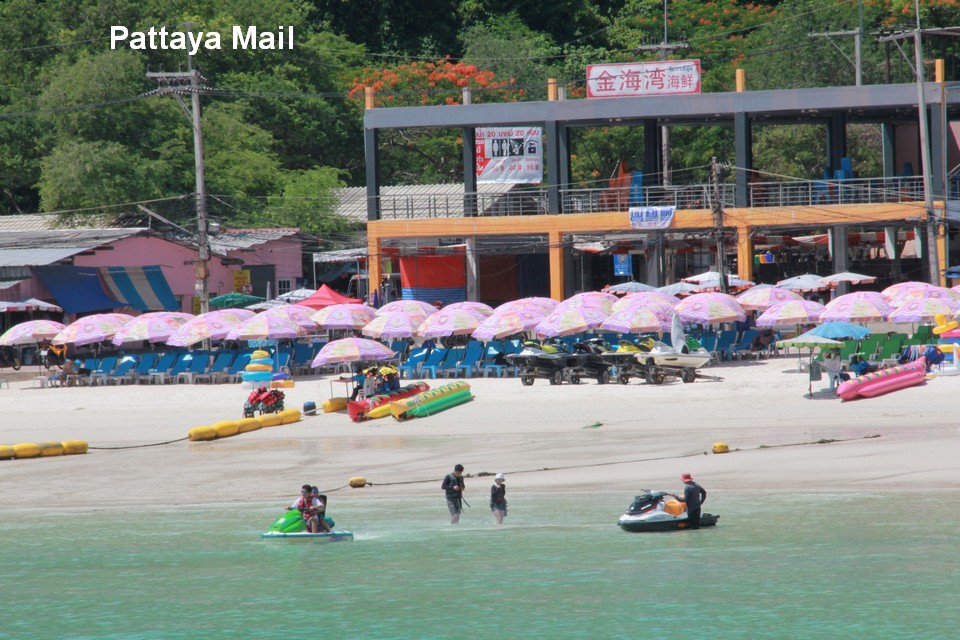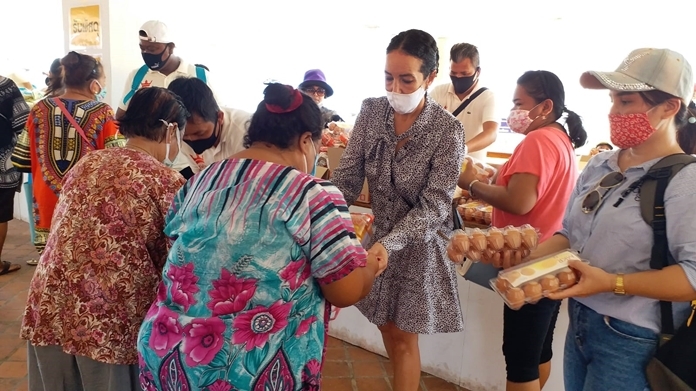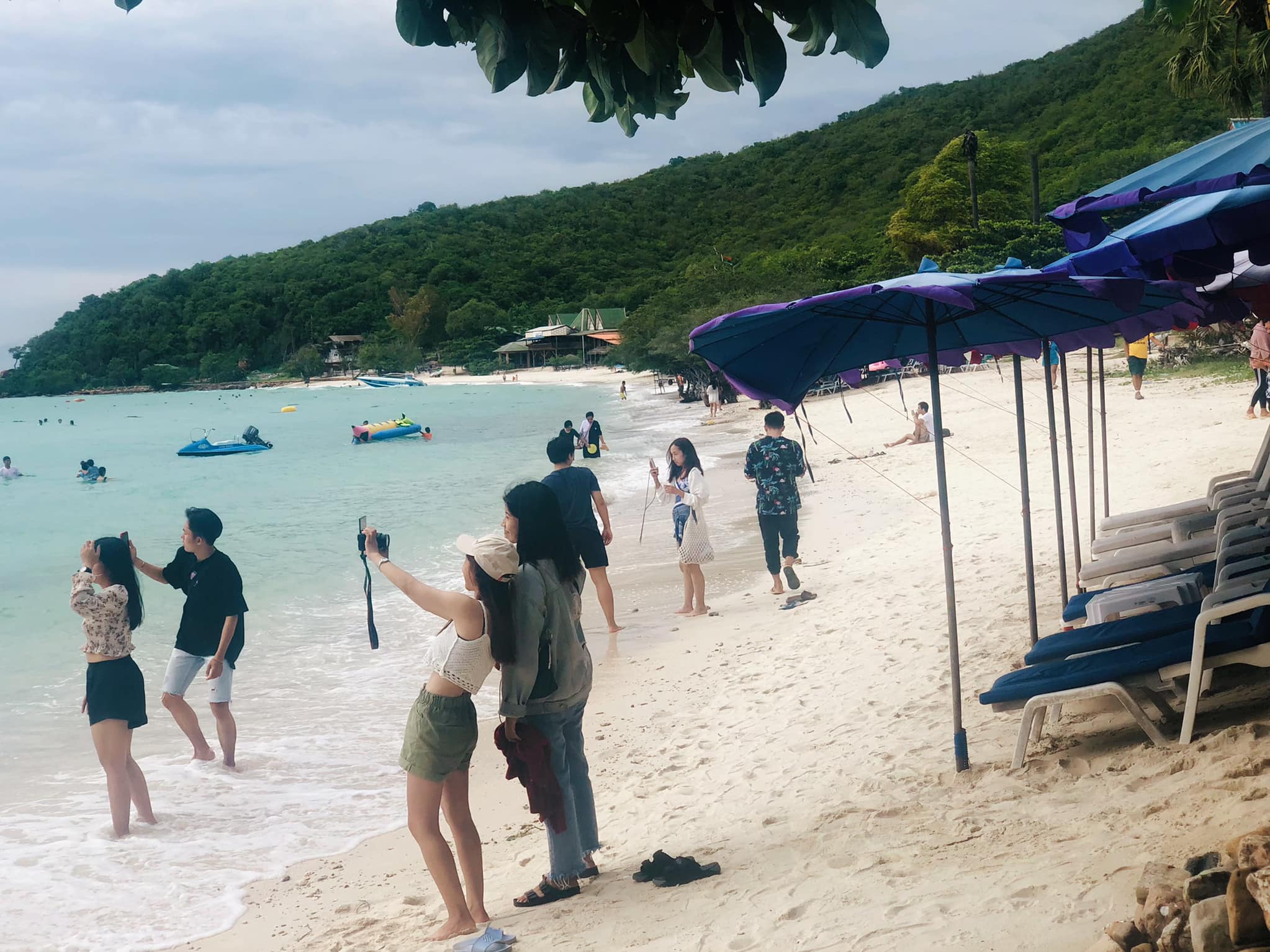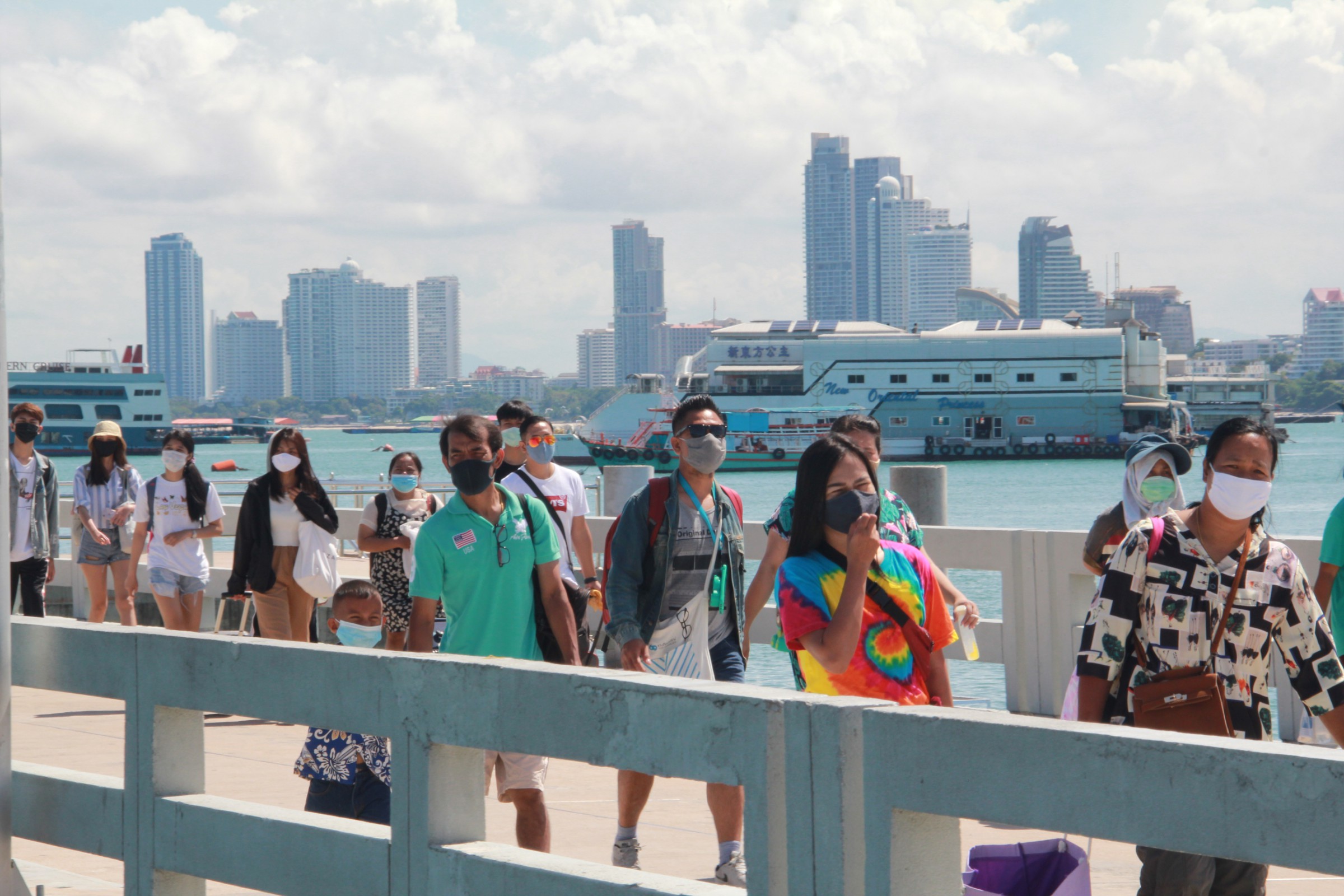Chonburi Governor releases latest closure, restrictions orders for Covid – 19 precautions, many changes made
Chonburi-
The Chonburi Governor released an order this evening (January 4th) to help control the Covid-19 coronavirus in Chonburi for highly controlled provinces. The announcement applies to ALL areas of Chonburi and no longer divides the districts into separate control zones. There are many changes, please take your time to read and understand. If you are unsure if your venue can open or if it is not listed please call the city call center at 1337.
- Cancelled previous order from the Chonburi Disease Control Committee.
These venues on this list are CLOSED.
- Entertainment venues (bars, nightclubs, pubs, karaoke, dancing establishments, gogo bars, hostess bars, gentlemen clubs, and similar places)
- Legal chicken fighting courts/fish fighting/bullfighting/boxing/gambling
- Every convenience store that is open 24 hours must close from 10:00 P.M. to 5:00 A.M..
- Every educational place both government and private must close, including private tutors.
- Close public swimming pools, amusement parks both indoor and outdoor including playgrounds in markets. (If your housing estate, condo, etc. considers your pool public, and almost all do, it must close. Hotel pools are closed and considered public.)
- Nurseries, daycares, and elderly care places (except for permanent residences with overnight stay)
- Amulet markets, temple fairs
- Cinemas, cabaret shows, live shows, and theaters
- Snooker and billiards, bowling, skating, rollerblading, and other similar group entertainment activities.
- Massage shops, spas, beauty clinics (including in hospitals), and tattoo shops. (See below for nails and barbershops)
- Saunas and massages with soap (Soapies).
- INDOOR (see below) fitness centers and gyms. (Again, for condos and hotels if it is considered public it must close, may depend on the management of the condo)
- Games and internet cafes, arcades and playlands, computer meetup areas, etc.
- Meeting room services, banquet halls, conferences, other similar types of gatherings of groups of people
3. These places below can be opened but with high Covid-19 protective measurements:
- Restaurant or beverage shops, food vendors and stalls, food courts, cafeterias can be opened and allowed to eat inside from 6:00 A.M. to 9:00 P.M.. Other periods from that time can be opened but take away only. In addition, alcohol is NOT allowed to be drunk inside and can only be purchased for takeaway.
- Department stores, malls, and community malls are allowed to open, including retail stores, with proper Covid-19 measures.
- Public parks, beaches, exercise parks, outdoor public playgrounds not at markets, sports stadiums (not for crowds or gatherings, for exercise), OUTDOOR gymnasiums, or places for outdoor exercise can open but with social distance rules and strong Covid-19 measures. (The earlier closed section mentioned boxing still being closed, however, we are seeking clarity or suggest owners call City Hall at 1337 for clarity.)
- Retail / small wholesale stores, markets, floating markets with strong Covid-19 measures.
- Wholesale or big wholesale stores with strong Covid-19 measures.
- Beauty salons for hair for both men and women and nail spas can be serviced for only up to two hours for each customer. Other customers not allowed to wait inside, reservations are suggested.
- Nursery and eldercare places for overnight permanent residence only
- Golf courses (clubhouses and shower rooms are requested to close).
- Pet care spa and clinics.
- Outdoor zoos or places that have animal shows can open.
- Hotels are open, although gyms and pools are to be closed and gathering areas like conference rooms.
4. Everyone must wear masks when going outside all the time. Failure to wear a mask could result in a fine of up to 20,000 baht! This is, according to the Chonburi Disease Committee, a mandate and not a suggestion.
5. Approve Koh Larn measurements from local committee volunteers. This means Koh Larn will be closed to non-residents from January 5th to at least January 20th. Koh Si Chang is open, with health measurements.
6. People are being requested not to travel across the province except for emergency or urgent reasons with evidence and documents proving their needed travel as well as being a resident of Chonburi. There will be random checkpoints.
Large gatherings, events, mass assembly, etc are banned. (This falls under national orders.)
Anyone who offends the order shall be punished with a fine of up to 100,000 baht or jail for up to one year or both.
The order takes effect on January 4th until further notice. If you are unsure if your business is able to open, if you aren't on the list (We noticed fishing parks and shooting ranges were missing) or what measures you need to take please call the Pattaya call center at 1337. This list is, of course, subject to change with new orders which we will translate and update as quickly as possible.












